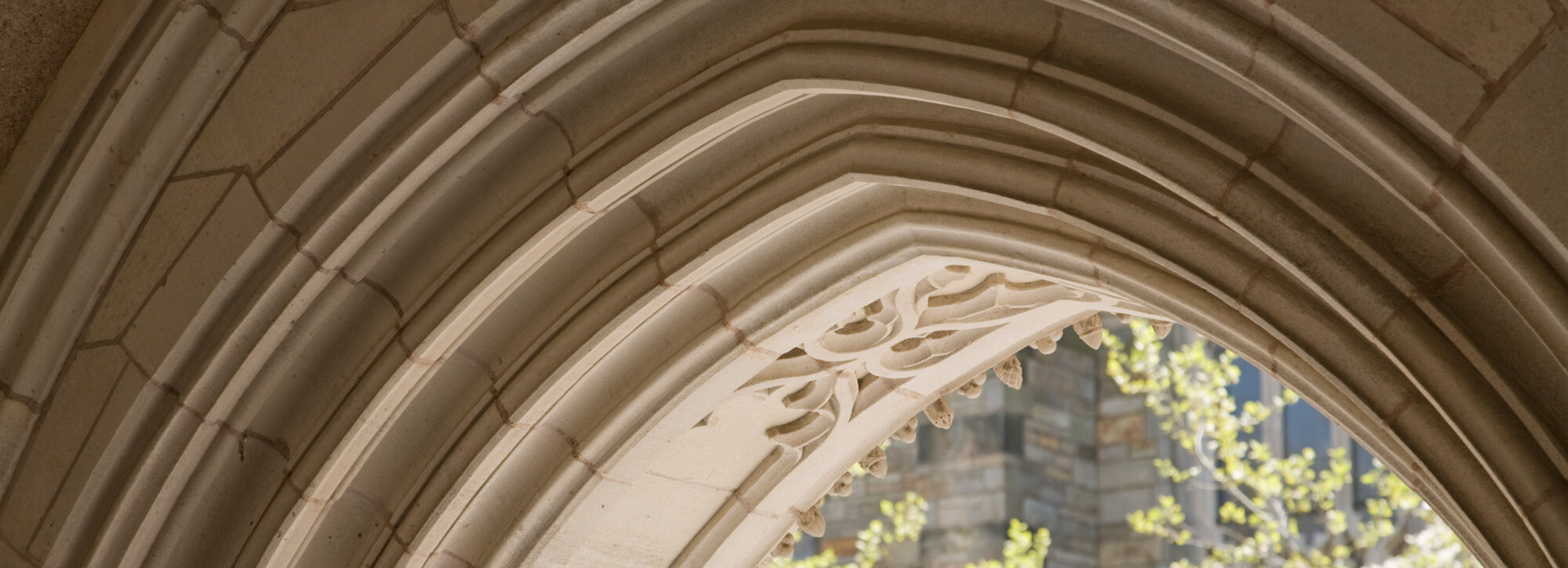Clinical Work in the Public Interest
Yale Law School clinics undertake extraordinarily ambitious and wide-ranging work. In addition to serving individuals within the community, Yale Law School’s clinics have won three nationwide injunctions in the last few years, and their work regularly makes national headlines.
The Jerome N. Frank Legal Services Organization functions as a single law firm that houses nine clinics providing legal representation to individuals and organizations in need of legal services.
A complete list of Yale Law School clinical opportunities1 showcases the breadth of our clinical work in the public interest.
Student Organizations
Almost 45% of YLS students perform public service without pay or credit through a student group. Their activities range from legal research and writing to outreach in the New Haven public schools. You can read a description of the public interest activities of some of the YLS student organizations by visiting some of their independently maintained websites2.

